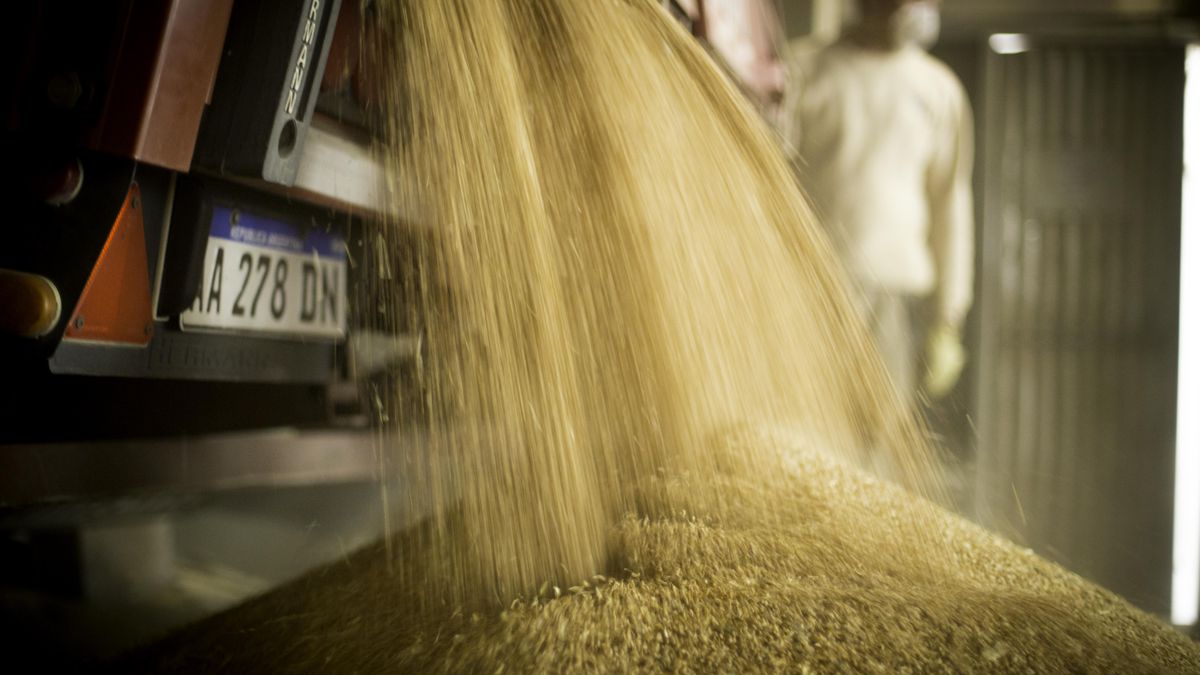The regulations also detail that “the measure was established from Resolution 114/2022, within the framework of the powers conferred by the export regime for agricultural products (Law No. 21,453), so that the related operation is not affected with the foreign market as a result of the current weather conditions that have reduced cereal yields.It should be noted that the Exceptional Automatic Extension will not apply to those Sworn Declarations of Sale Abroad (DJVE) that were registered after the period covered, as well as for the DJVE that are registered with a term of validity of 30 days. In addition, the same reasons of force majeure may be alleged by the producers in case of incurring in non-compliance with respect to the exporters, who must admit said circumstance”.
After the formalization of the measure, the Chamber of the Argentine Oil Industry (Ciara) stated that the new resolution generates “a bad omen” for her because “exporting less is always bad news”, as she stated through a publication on her Twitter account,
However, Ciara agreed that “drought is a climatic calamity that has caused us to lose more than 9 million tons of wheat compared to initial estimates and that this will impact national export capacity. “For this reason, we must work now to ensure that Argentina does not lose purchasing markets, but to adapt sales volumes abroad to the low supply of wheat production for the 2022/23 campaign,” stated the oil entity.
In this sense, from the entity that brings together the agro-export companies, they also requested that “the Government must advance in the dictation of the emergency for wheat producers in the face of this deep crisis caused by the drought.”
The truth is that from this scenario the Government not only opens the game to exporting companies so that they do not comply with scheduled grain shipments, and can transfer them to the next campaign, without paying a fine of 15% of the value to export, but also to producers. It is that those who sold the wheat in advance (forward) may also not fulfill the contract without penalty.
Meanwhile, another scenario opens for those most affected by the drought, who in some cases lost 100% of what was sown. For them, the Government would be looking for some type of assistance mechanism, beyond the postponement of shipments, so that State assistance reaches them directly, perhaps through soft loans or non-reimbursable contributions.
Of course, the drop in production is also a great concern for the entire wheat chain, in this case the mills and processors. It is that the future price that will be paid for the cereal can also be affected and that is why the Government seeks to put a cap on the increases, giving priority to the internal market over exports. So far, the final wheat harvest is expected to be around 13 million tons, but there could be a greater production cut in the coming weeks and of that total, around 7 million are needed by the mills to supply the internal demand for flour.
Source: Ambito
David William is a talented author who has made a name for himself in the world of writing. He is a professional author who writes on a wide range of topics, from general interest to opinion news. David is currently working as a writer at 24 hours worlds where he brings his unique perspective and in-depth research to his articles, making them both informative and engaging.




